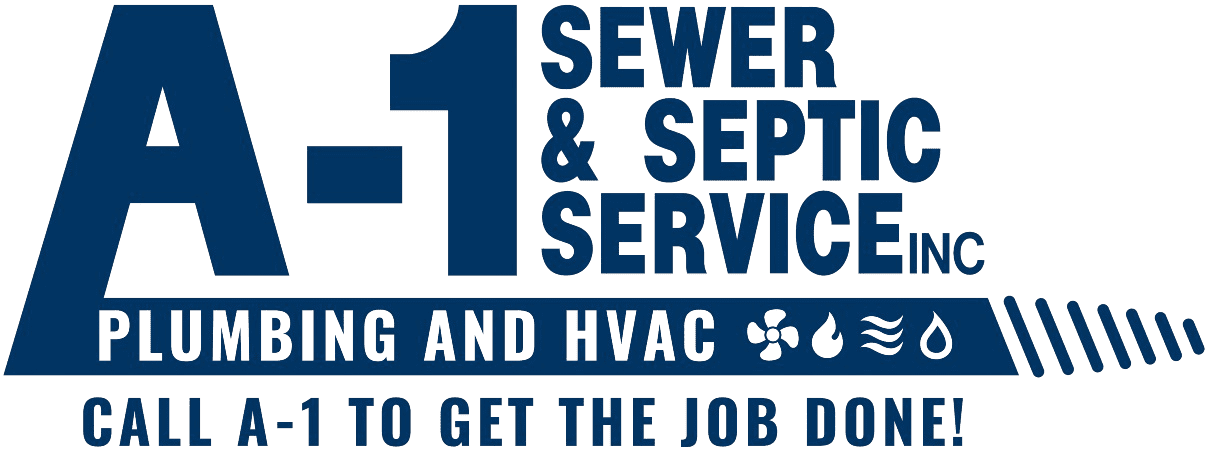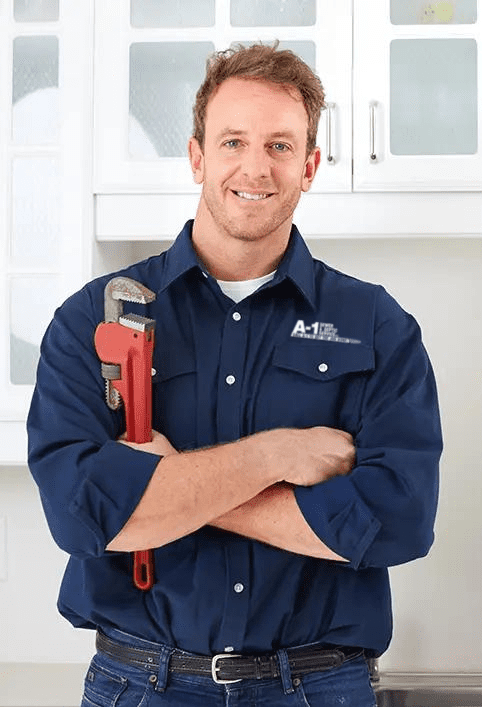Plumbing Problems in Rented Homes
When you are the homeowner and you live in your own home, you should have a good understanding of how your plumbing system has been maintained over the years. After all, you and your family are the ones living in the house. As the homeowner, hopefully, you have taught your



